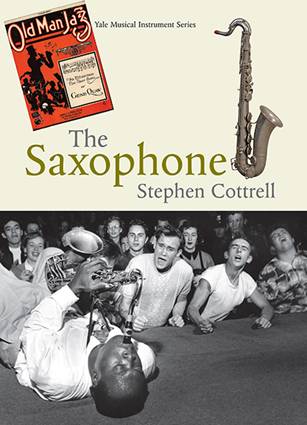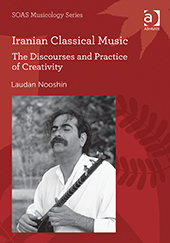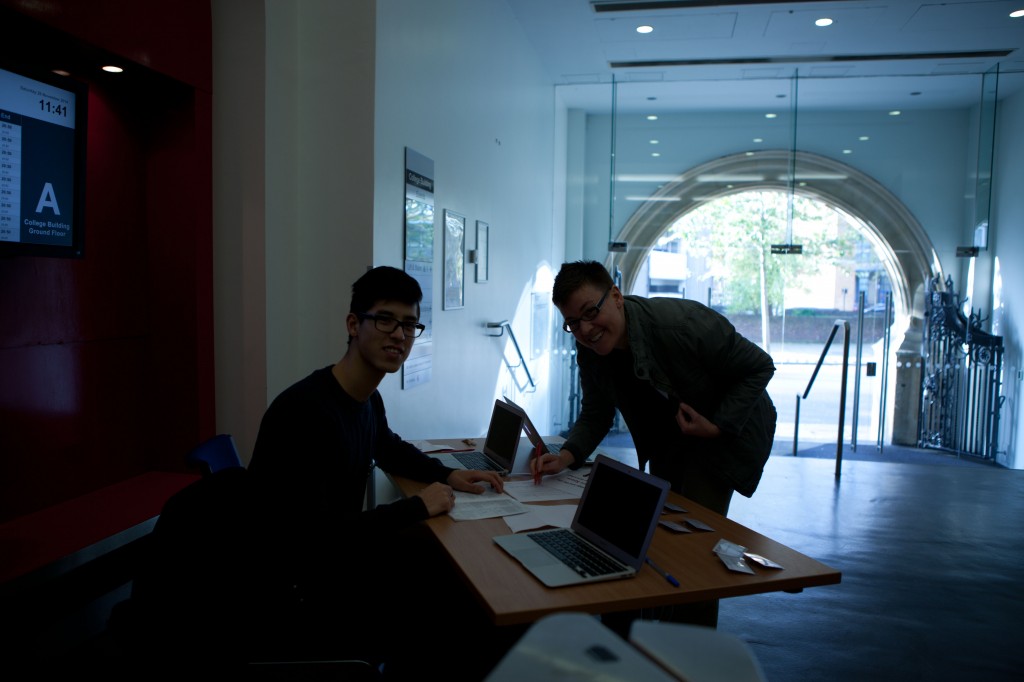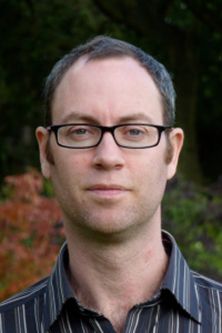The Music Department is delighted to announce that the following students have recently been awarded their PhDs.
 Spiro Antonopoulos: “The Life and Works of Manuel Chrysaphes the Lampadarios, and the Figure of Composer in Late Byzantium” (supervisor: Alexander Lingas).
Spiro Antonopoulos: “The Life and Works of Manuel Chrysaphes the Lampadarios, and the Figure of Composer in Late Byzantium” (supervisor: Alexander Lingas).
This thesis is the first full length study of the fifteenth-century composer and theorist Manuel Chrysaphes, one of the most important musicians of the late Byzantine period. It recasts the figure of composer in the Middle Ages, arguing that a cadre of self-consciously authorial composers whose compositions reflect “works” in perhaps a more modern sense was active in and around Constantinople as early as the fourteenth century.
Spiro continues to maintain an active performance schedule, singing regularly with the internationally acclaimed ensemble Cappella Romana as well as directing the Greek Institute’s annual Byzantine Christmas programme. Sipro is Director of the newly-founded vocal ensemble PSALTIKON and a researcher for Bodies and Spirits: Soundscapes of Medieval Byzantium, a multidisciplinary project led by researchers at UCLA and USC, which focuses on the interplay of sound, space, and liturgy in late medieval churches.
Mark Porter: “‘That’s not my music’: Experiences of Contemporary Worship Music in Relation to Extra-ecclesiastical Musical Attachments” (supervisor: Laudan Nooshin)
Based on ethnographic interview work at St Aldates Church, Oxford, Mark’s thesis investigates the relationship between individuals’ diverse musical backgrounds and the ways in which they experience and evaluate music in a congregational environment. Drawing, in particular, on ethical and cosmopolitan theories, he proposes new frameworks for understanding the ways in which musical diversity functions within this setting.
Mark is currently spending much of his time teaching whilst awaiting the results of numerous postdoctoral funding applications. He has recently submitted a proposal to publish his thesis in book form, a project which he hopes to complete in the near future.
Mark and Spiro were jointly awarded the 2014-15 Mercer’s Company prize for academic excellence in recognition of their outstanding work at doctoral level.
Many congratulations to them both!







